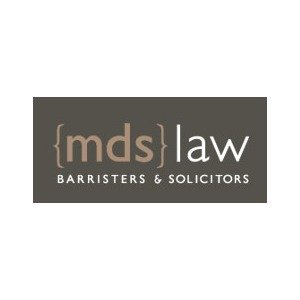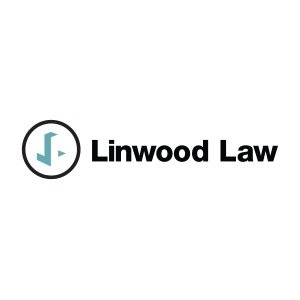Best Foreclosure Lawyers in Christchurch
Share your needs with us, get contacted by law firms.
Free. Takes 2 min.
Free Guide to Hiring a Real Estate Lawyer
List of the best lawyers in Christchurch, New Zealand
About Foreclosure Law in Christchurch, New Zealand
Foreclosure law in Christchurch, New Zealand primarily falls under the jurisdiction of national law, specifically the Property Law Act of 2007. This Act provides provisions for the repossession and sale of property by a lender if a borrower defaults on their mortgage payments. In the foreclosure process, lenders must give appropriate notice and allow borrowers adequate time to make good on their payments before the property can be sold. Each foreclosure case is unique and understanding the nuances of the law can be complex, hence legal assistance is often beneficial.
Why You May Need a Lawyer
Several situations prompt the need for legal representation in foreclosure cases. A lawyer is crucial if you're facing imminent foreclosure and you don't fully grasp its ramifications. Legal aid can help you understand the foreclosure notice, your rights, and guide you through possible defenses. If you believe the lender has not adhered to correct foreclosure procedures, a lawyer can help navigate these allegations. Even if foreclosure seems inevitable, a lawyer may help delay the process or negotiate better terms for you, like a short sale or deed in lieu of foreclosure.
Local Laws Overview
The Property Law Act of 2007 sets out the procedures for mortgagee sales. A default notice must be sent to the borrower, giving them at least 20 working days to make good on the default. If the borrower still doesn't fulfil their obligations, the mortgagee must then give 5 days notice of intention to sell. In some cases, the lender is required to obtain a court order to proceed with foreclosure. Major changes to the tenancy laws came into effect in February 2021, affording more protection to tenants during foreclosure, making timely legal advice even more crucial.
Frequently Asked Questions
What is foreclosure?
Foreclosure is a legal process where a lender attempts to recover the balance of a loan from a borrower, who has stopped making payments, by forcing the sale of the property used as the collateral for the loan.
Can I stop foreclosure once it's started?
Yes, with timely intervention and the right advice, there are several ways to pause or stop the foreclosure process, such as refinancing your loan, implementing a repayment plan, selling your home, or filing a protest if the lender did not follow correct procedure.
Do I have to move out immediately after foreclosure?
No, the foreclosure sale does not mean immediate eviction. The new owner has to go through legal processes to evict previous homeowners, giving you some time to find a new place.
Can I get my house back after foreclosure?
It's possible, but challenging. Depending on the type of foreclosure process and the local laws, you may have a period of redemption where you can repurchase the home.
What happens if my rented property goes into foreclosure?
As a tenant, you have rights. The recent changes in law brought increased protection for tenants - the lease will likely remain in effect, and the new owners may become your new landlords.
Additional Resources
For additional help, consider reaching out to New Zealand's Ministry of Justice or Community Law Centre. Citizens Advice Bureau also provides free advice and has a comprehensive database of information. The Tenancy Services offers valuable resources for tenants going through this process.
Next Steps
If you need legal assistance with foreclosure, begin by researching and selecting a lawyer who specializes in this area. Prepare a summary of your situation, pertinent dates, and gather related documents. Then, schedule a consultation to understand your options and the best course of action.
Lawzana helps you find the best lawyers and law firms in Christchurch through a curated and pre-screened list of qualified legal professionals. Our platform offers rankings and detailed profiles of attorneys and law firms, allowing you to compare based on practice areas, including Foreclosure, experience, and client feedback.
Each profile includes a description of the firm's areas of practice, client reviews, team members and partners, year of establishment, spoken languages, office locations, contact information, social media presence, and any published articles or resources. Most firms on our platform speak English and are experienced in both local and international legal matters.
Get a quote from top-rated law firms in Christchurch, New Zealand — quickly, securely, and without unnecessary hassle.
Disclaimer:
The information provided on this page is for general informational purposes only and does not constitute legal advice. While we strive to ensure the accuracy and relevance of the content, legal information may change over time, and interpretations of the law can vary. You should always consult with a qualified legal professional for advice specific to your situation.
We disclaim all liability for actions taken or not taken based on the content of this page. If you believe any information is incorrect or outdated, please contact us, and we will review and update it where appropriate.

















